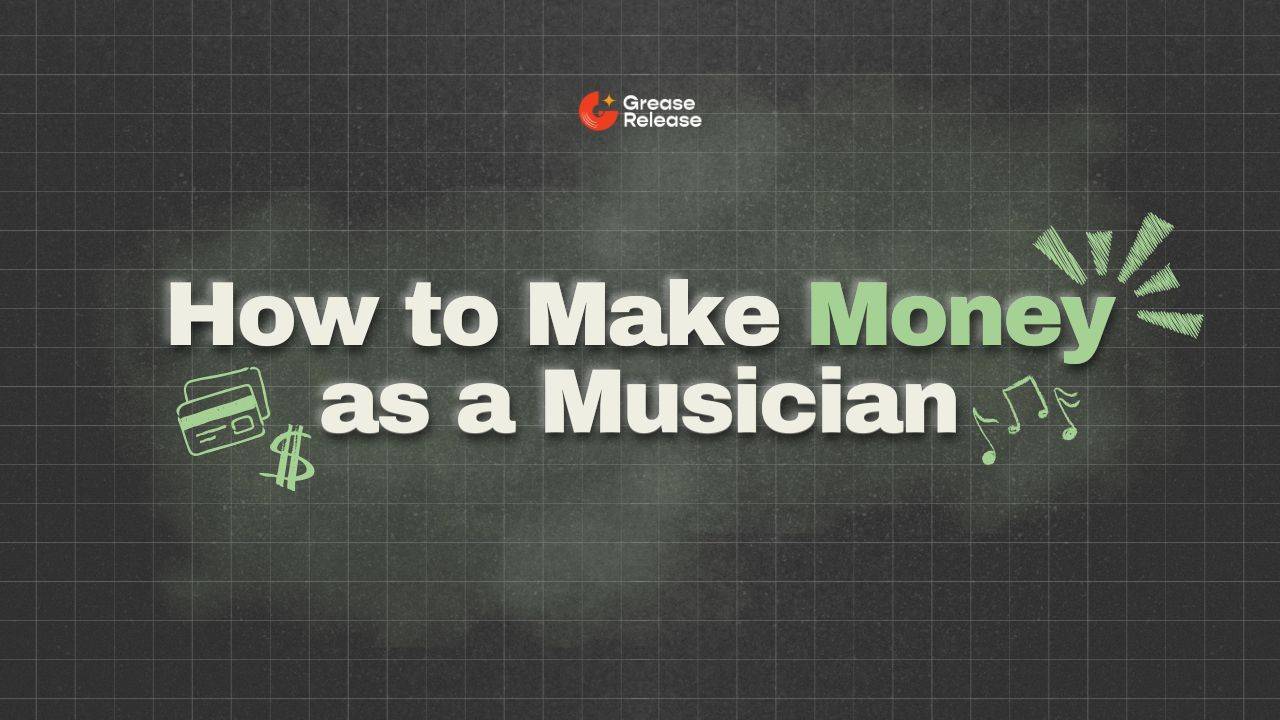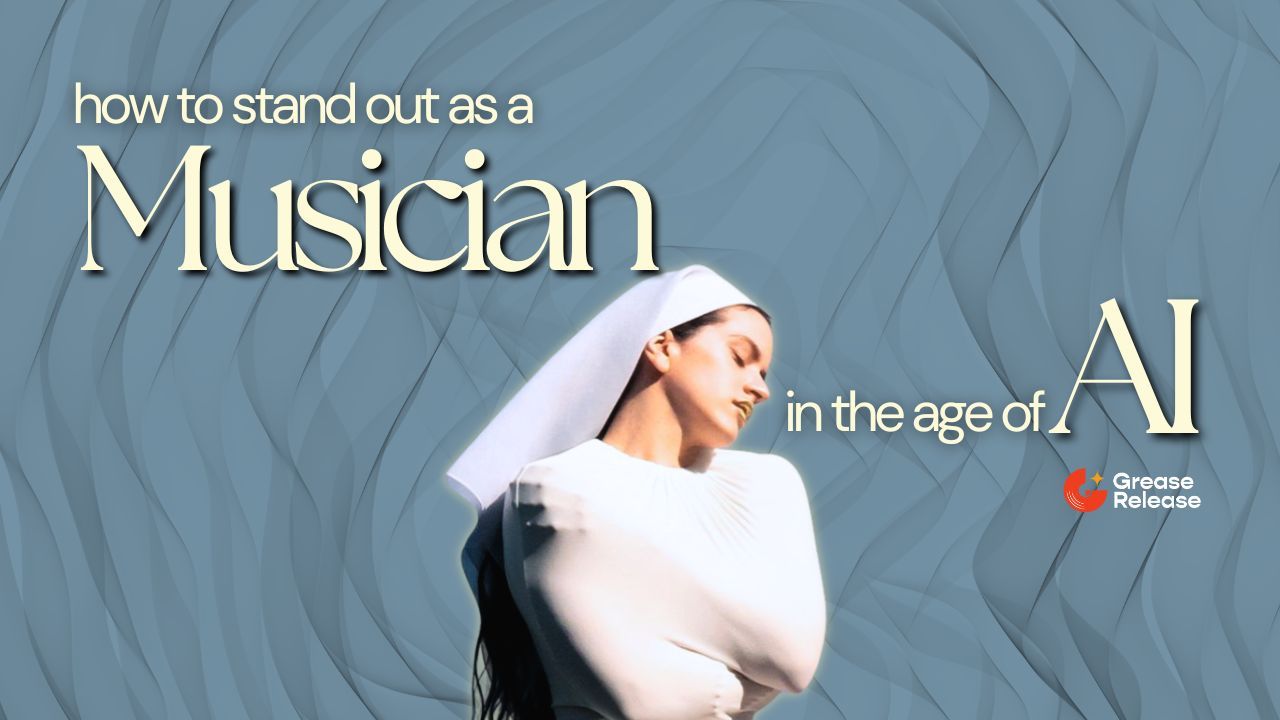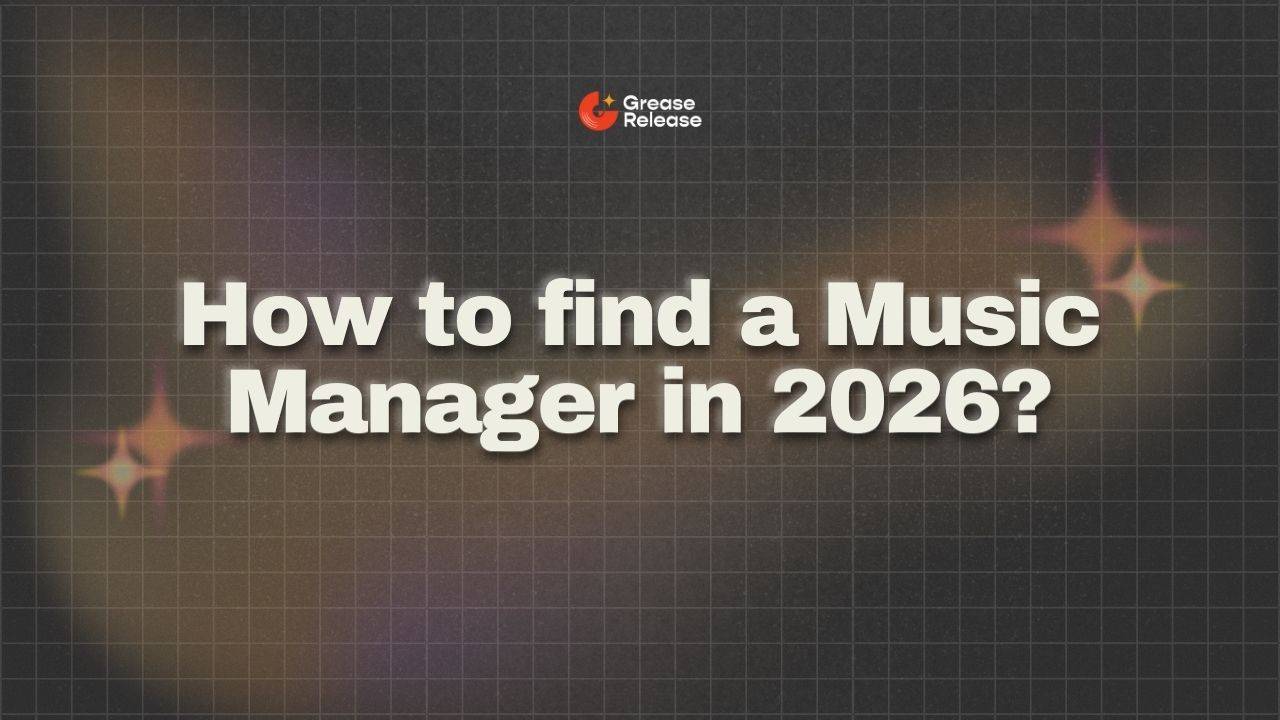
How To Get Funding As A Music Artist
May 01, 2023Funding for Musicians
can be one of the most important factors in taking the very first step in building a career for yourself in the music industry. Of course, starting a financially reliable career path in the music industry is expensive and there is no way to sugarcoat that. There would be so many variables and factors that would require investment and thus, funding matters.
Funding can not only help a musician financially but also is a great opportunity to gain exposure and build a fan base that is reliable because you and your music would be relatable most to the common man. Additionally, funding can assist emerging musicians in focusing on their music-building as well as creative development which is essential in making music that is different, and thus, to a certain extent, has a commercial quotient, because then, the artists wouldn’t spend a lot of time fretting over financial constraints, especially for those who do not have a steady streaming income or royalty yet.
But how could you get the funds you need? Here, we have listed a few possibilities.
Grants
Numerous institutions and foundations offer grants to help support artists. These can include governmental organizations, private foundations, and corporate sponsors, and can range from regional cultural organizations to international groups. Grants can help cover a range of costs, including those for equipment, promotion, studio time, and touring. As a result, upcoming musicians may be able to create top-notch records or music videos, which may help them stand out in an increasingly competitive industry.
Of course, you as a musician, have to put yourself out there in the circle where you would get funding from different grants, hence, research, networking, and communication are all basic steps that you’d have to take in order to make full use of any grant, offering musicians funding of any type.
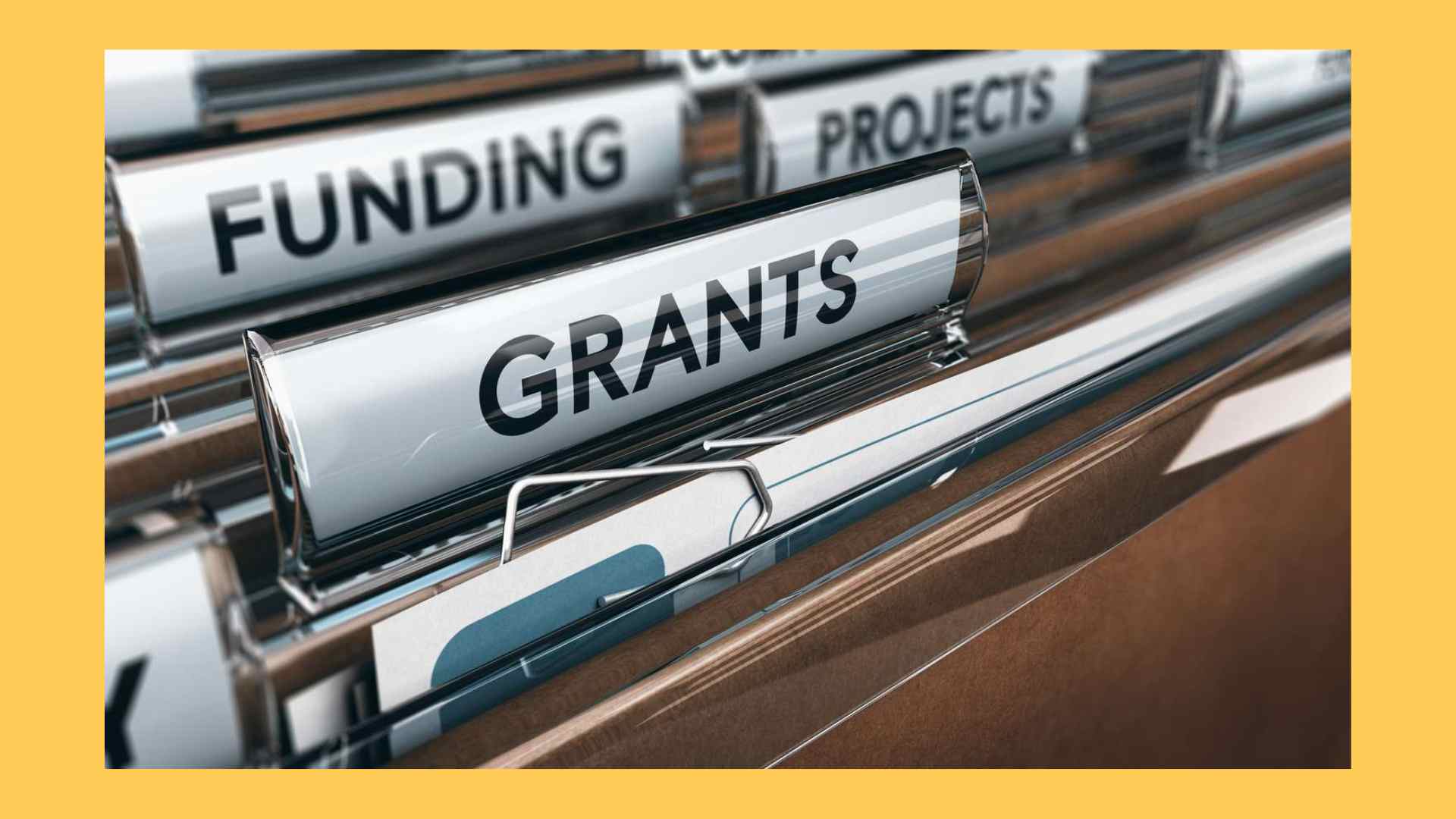
Here are certain grants we found that may be helpful:
- In order to promote American music and culture abroad, the American Music Abroad program offers funds to American musicians only.
- The ASCAP Foundation encourages the growth and learning of music and awards grants to both independent musicians and philanthropic groups.
- The Canadian Music Fund offers financial aid to Canadian musicians and others in the music business, including grants for music recording, advertising, and touring.
- Grants are available from the National Endowment for the Arts (NEA) to help with the making of music and performance, in terms of gigs and live shows, as well as teaching music and volunteering in the community.
- Solo musicians and other artists can apply for funds from the Foundation for Contemporary Arts.
- The BMI Foundation awards funds to encourage the development, distribution, and protection (copyright and the like) of music across a range of genres.
- In times of need, the MusiCares Foundation offers monetary assistance and other services to musicians and other professionals in the music industry.
Note that these are just a few of the many options you could find with a little more research. The process after you apply for a grant can be very time-consuming, mentally straining, and tedious. So be careful while choosing the grants you’d like to apply for. Try to match the list of requirements you’d have for which you need funding in the first place, with the facilities and services the grants are offering with their funding.
Crowdfunding
A growing number of musicians are using crowdfunding to solicit donations from their fans and supporters. Artists can create a campaign to raise money on a website like Kickstarter or Patreon and provide incentives in exchange for contributions. Spotify, the most popular streaming platform, has also opened a similar feature, where artists could open fundraising campaigns and there is no commission that goes to the platform. Speaking of Spotify, don’t miss out on our latest article on How To Make The Most of Spotify as a Musician.
Here are different ways to get crowdfunding:
- Fan base: The success of crowdfunding depends on having a loyal following that is ready and eager to contribute money to the artist. Crowdfunding campaigns may be more effective for artists who have already amassed a sizable fan base through social media, live performances, or other platforms. This is why Spotify’s feature for artist fundraising doesn’t work for any and every artist. You should be mindful that along with this, other channels for crowdfunding as well as marketing should be open and active.
- Goals and budget: Artists should have a specific objective in mind for their crowdsourcing advertisement, as well as a realistic budget for the project that accounts for all costs associated with their musical work, such as recording, publicity, and release. There is absolutely no point in crowdfunding if you don’t have an approx target figure as well as the paths of investment you’d be making with that figure.
- Branding and advertising: For crowdfunding campaigns to be successful, a lot of marketing is needed. Musicians should have a solid marketing strategy in place, utilizing email advertising, social media, and other platforms to connect with prospective donors and build awareness about their cause. This is the time you could make your point most sincerely, that is true, convincing, and relatable. Most often than not, the storytelling format in marketing fundraising campaigns works, because you and your voice would appear to be more personal to people.
- Rewards: To encourage donations, artists could provide their followers with enticing incentives like access to exclusive merch, early bird passes to gigs and shows, or a chance to interact with the artist. Incentives tend to work most of the time, and if it's crowdfunding, then the artist just needs to invest time, not necessarily money, to give rewards.
Overall, for musicians with a loyal fan base and a well-thought-out campaign, crowdfunding can be a viable option. However, it might not be appropriate for every artist or assignment because it takes a lot of time and work to succeed.
Sponsorships
Musicians can look for sponsorship from businesses or brands that share their beliefs and goals. This could entail promoting an item, sponsoring an event, or even forming an official partnership. Through the sponsor’s marketing channels, sponsorship deals can offer musicians monetary assistance as well as access to fresh audiences. These deals may look a little similar to record label contracts, but make sure you know the difference! Read our article on Record Label Contracts: Types You Should Know.
Some factors you could keep in mind are these:
- Financial assistance: Sponsorship contracts can offer musicians the crucial financial assistance they need to pay for costs like recording, touring, and material. Of course, before you sign any sponsorship deal, make sure you read through the document to ensure that they are offering you what you need and that their sponsorship will cover the expenditures you desire to be funded for. Do not hesitate to communicate your terms and conditions as well as ask any question that troubles you. The idea is to be on the same page.
- Brand alignment: Sponsorships can assist artists in partnering with companies that share their beliefs and brand image, helping to build their business identities and reputations. Make sure that their ideology matches yours, to avoid any conflict of opinions through the process of the deal.
- Sponsorship contracts can also present potential for creative collaboration between businesses and musicians, such as developing branded content or jointly developing merchandise.
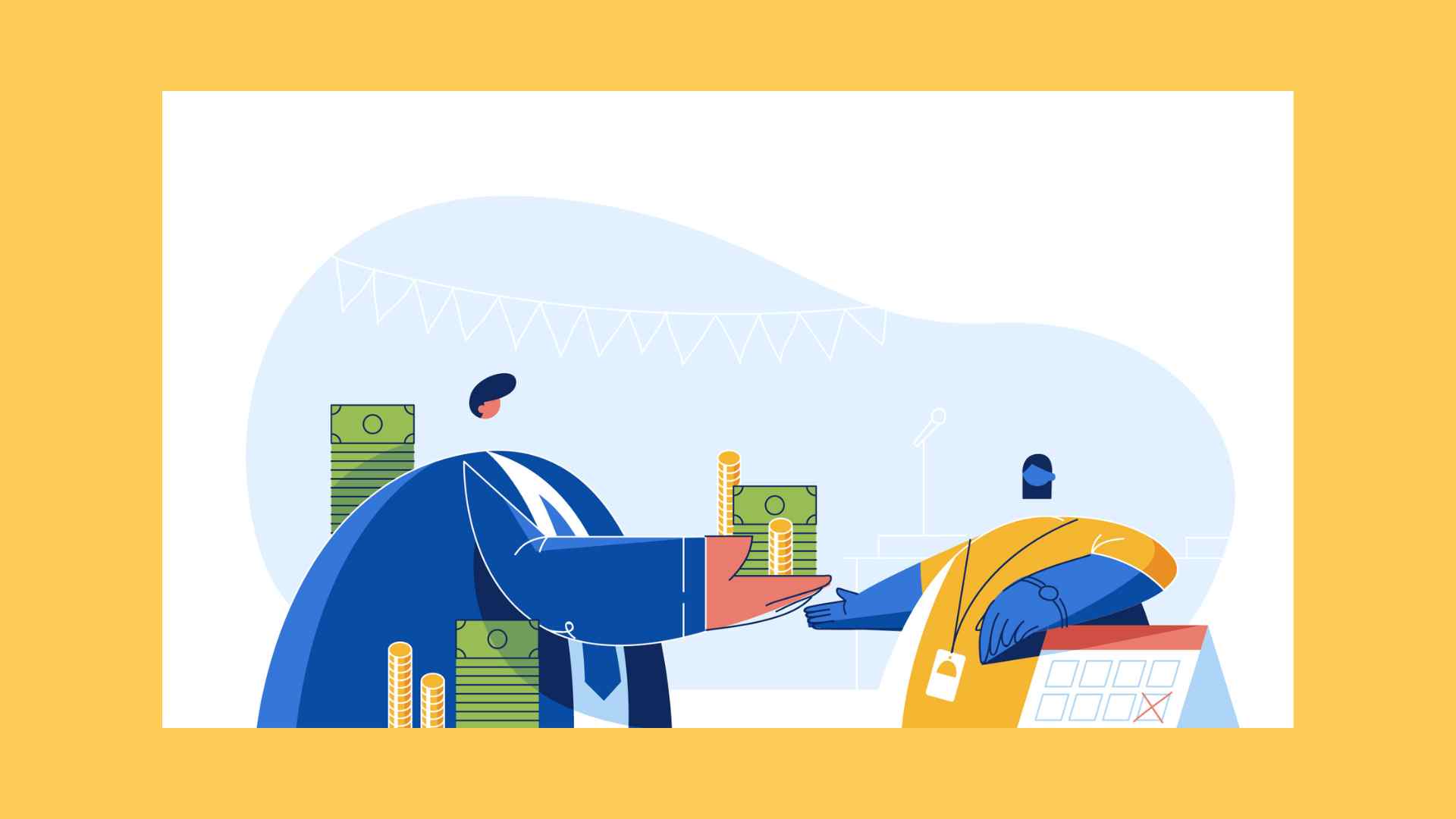
Some sponsors could agree to assist a musician’s tour, financially, and promote it through branding and marketing initiatives. Companies that make musical instruments, equipment, or other tech, connected to musicians’ careers may grant sponsorships to music artists. Non-profit groups or causes that coincide with a musician’s principles and image may offer to sponsor them. These sponsorships could involve fundraising or awareness-raising activities.
Overall, sponsorships can offer opportunities for creative cooperation and brand alignment, as well as financial support and exposure to new audiences for musicians. Before agreeing to any sponsorship agreement, it's crucial for you, the musician, to carefully review the terms and make sure that they are in line with your beliefs.
We at GreaseRelease, have a bunch of curators on our network who are looking for new & exciting music to push on their massive playlists. If you make music and want to reach a wider audience, check out our submission platform and get a chance to reach millions of listeners! Submit your tracks now!
Studies show that 80% of musicians constantly feel overwhelmed and we want to take that load off by helping you stay organized that's why, my team and I created the ProdPro 2.0
The ProdPro 2.0 is the ultimate organization tool built by and for musicians. Click here to learn more.
Don't miss my newsletter!
Join me on a music entrepreneurship journey with new tips and tricks delivered straight to your inbox.
We hate SPAM. We will never sell your information, for any reason.

